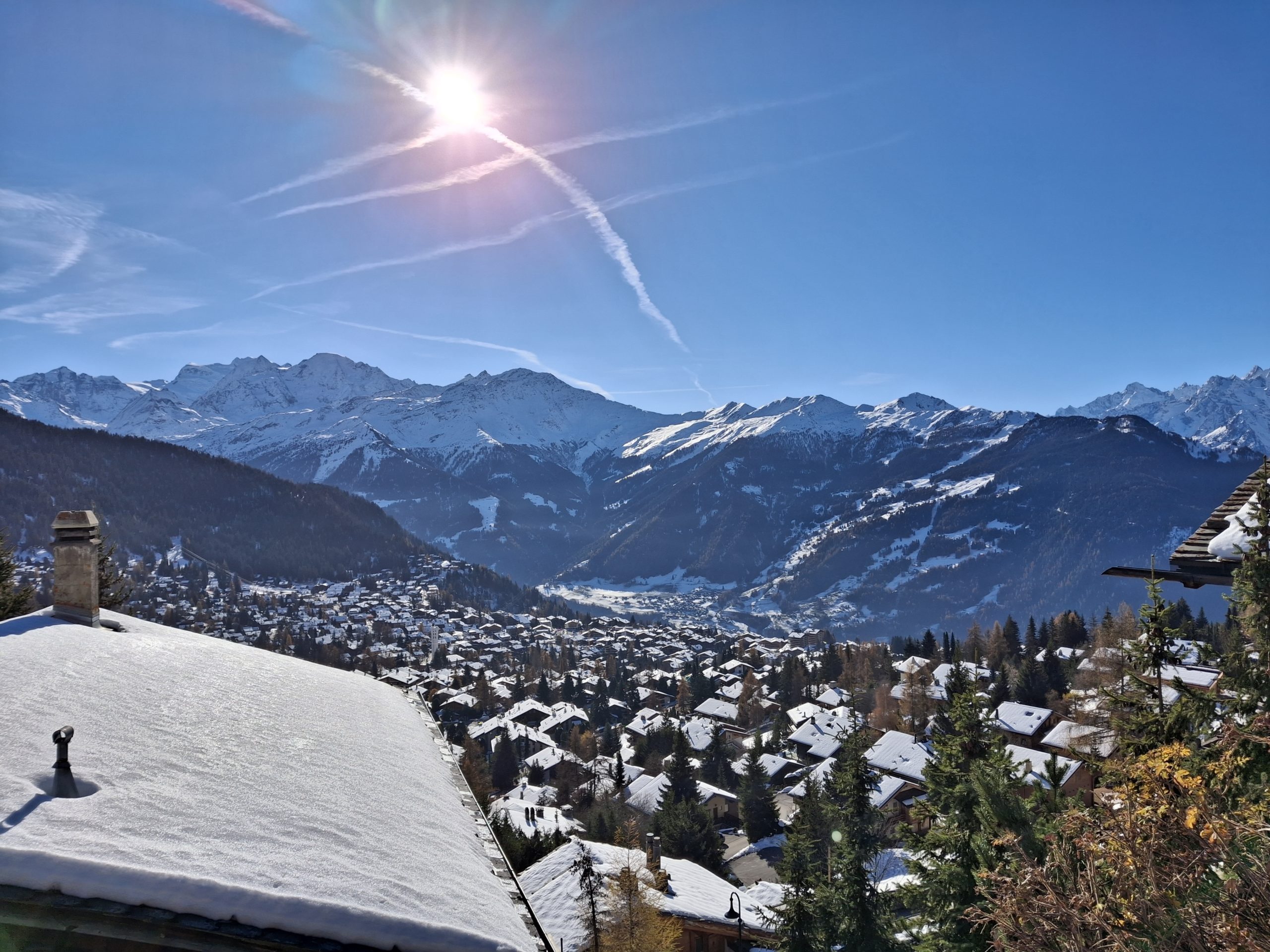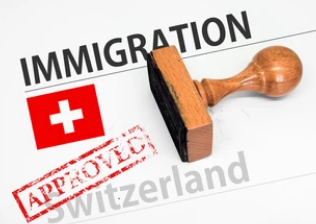Switzerland is a prime destination for seasonal workers, especially during the winter months. Given the short duration of their stay, typically four to six months, seasonal workers are subject to temporary work permits. Here’s how it works for both European and non-European citizens.
For European citizens
Switzerland’s Agreement on the Free Movement of Persons (AFMP) regulates work permits for EU citizens. If you are an EU citizen planning to stay and work in Switzerland for up to three months, you do not need a permit (Art. 6, ch. 2 AFMP Annex I). However, you must declare your arrival to the cantonal authorities within 14 days.
If you are planning on staying in Switzerland for three months to a year, you will need to apply for a short-term work permit (L permit). The L permit is typically granted for the duration of the short-term contract and can be extended for up to 12 months. EU citizens may renew their L permit as many times as necessary, as long as the employment contract is valid. While waiting for the approval of your permit, you are allowed to start working (Art. 6, ch. 7 AFMP).
For Non-European citizens
Non-EU workers’ rights to work in Switzerland are governed by the Federal Act on Foreign Nationals and Integration (FNIA). Non-EU citizens who plan to work in Switzerland for up to a year must apply for an L permit. The number of L permits is limited, so employers must demonstrate that there aren’t any suitable candidates on the Swiss or EU labor market. Indeed, Swiss and EU workers are prioritized over non-EU applicants, and the employer must advertise the position in Switzerland and the EU before applying for the non-EU L permit. The employer must then be able to justify the economic necessity of hiring a non-EU worker.
L permits for non-EU citizens can be extended for up to two years (Art. 32, al. 3 FNIA). However, to renew the permit after it expires, the worker must spend at least one year abroad (Art. 56, al. 1 OASA).
As a reminder, non-EU citizens can travel to Switzerland for up to three months on a Schengen visa, but aren’t allowed to work without a valid permit (Art. 10, al. 1 FNIA).
In Switzerland, seasonal work is often found in industries such as snow sports and hospitality. Non-EU citizens can apply for positions in these sectors, provided they meet the labor market requirements and, with regard to snow sports, they come from countries in which the activity they are applying for is part of a longstanding tradition.
Eligibility for the L permit
To qualify for the L Permit, applicants must meet certain criteria:
Employment contract: You must have a signed a temporary work contract with a Swiss employer for a position related to a seasonal activity. This could include positions in:
• Ski schools (e.g., ski instructors)
• Hotels, restaurants, and bars in mountain resorts
• Ski lift operators
• Chalet hosts or housekeeping staff
Duration of employment: The L Permit is granted for a maximum of 12 months. For seasonal workers, given the permit is granted for the length of the contract, its duration is usually of 3 to 6 months.
Special case: British citizens
Following Brexit, British citizens are treated differently. The Citizens’ Rights Agreement ensures that the rights granted to British citizens on the basis of the AFMP are protected, thus ensuring that British citizens who held a valid Swiss permit before December 31, 2020 continue to benefit from the same treatment as EU nationals. However, for those applying for a permit after this date, the FNIA applies to their application, thus entailing stricter requirements.
British citizens applying for their first Swiss work permit will therefore need to follow the same procedure as non-EU citizens, where it is the employer who applies for the seasonnal permit by following the canton’s requirements. However, if you are a British citizen planning to retire in the Swiss Alps and therefore not work, retirement permits can be available under the discretionary power of the canton of Valais.
Important considerations for ski season workers
There is often a high demand for ski season workers, particularly in well-known resorts like Zermatt, St. Moritz, and Verbier. It is advisable to secure a job contract before applying for your L Permit.
While many Swiss ski resorts cater to international tourists, knowledge of French, German, or Italian (depending on the region) can be a major asset for being hired, particularly in customer-facing roles.
Ski season work can be physically demanding, and ensuring you have appropriate health insurance coverage is essential. Ski related injuries are common, and workers in physically demanding roles must have sufficient medical coverage to apply for a permit.
For more information about L permit requirements, contact our team at Legal Expat Switzerland for immigration services and legal advice. We are based in Geneva and come to Verbier in the winter !
03/12/24 – Anne Konikoff, immigration specialist




